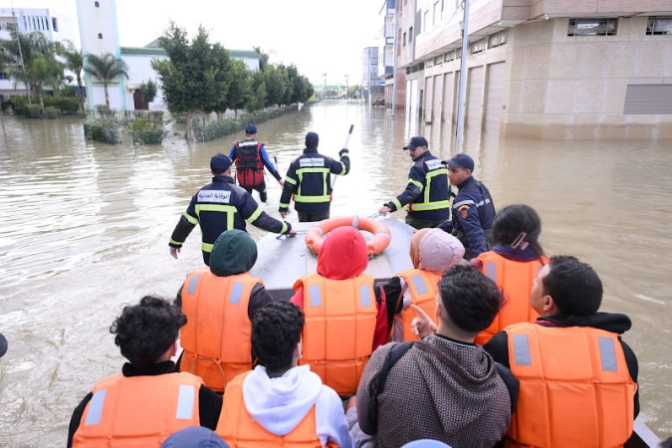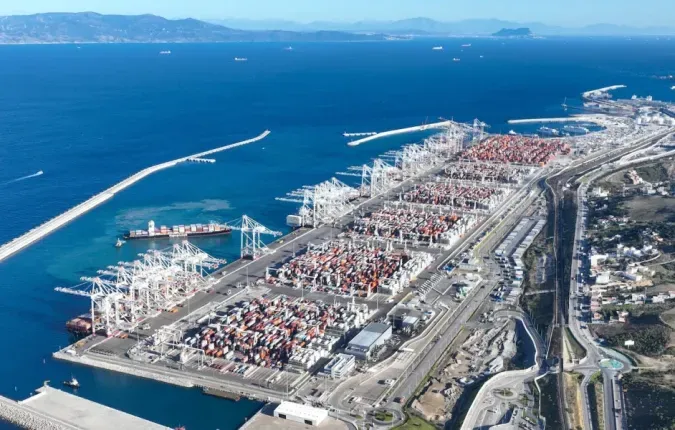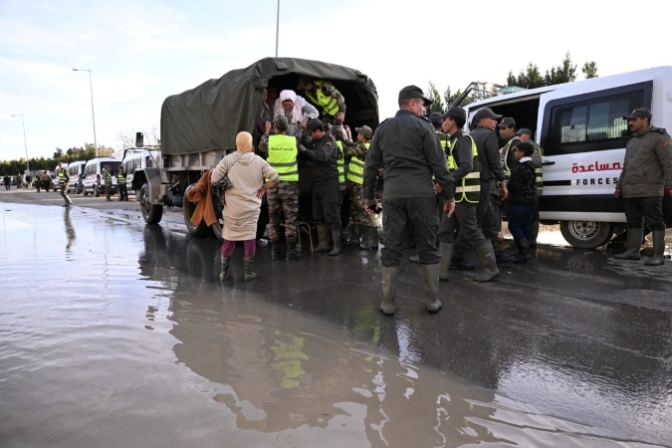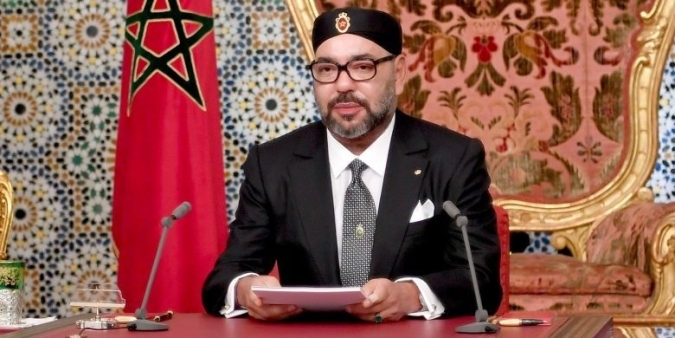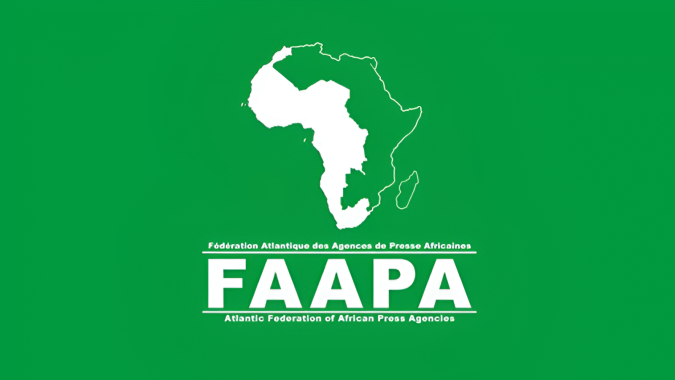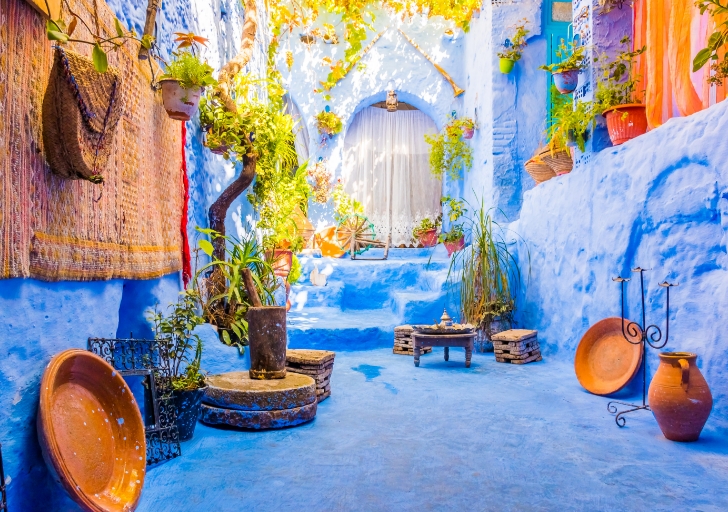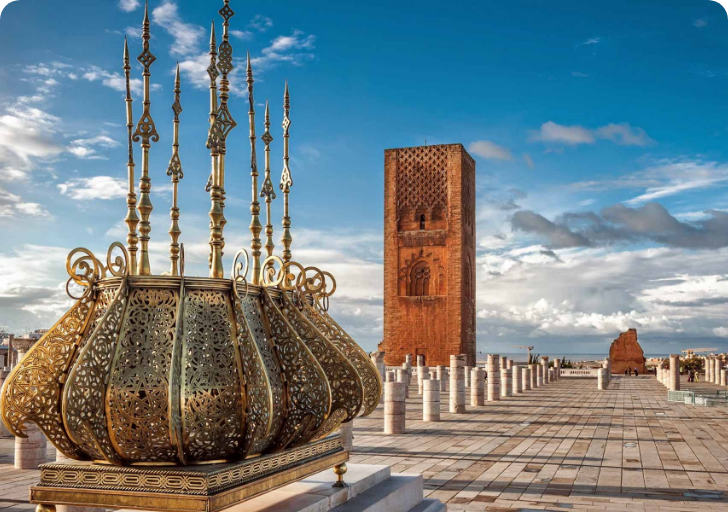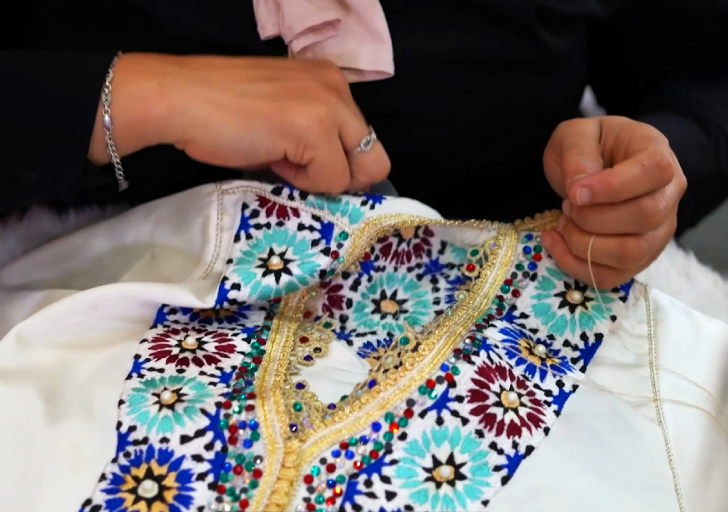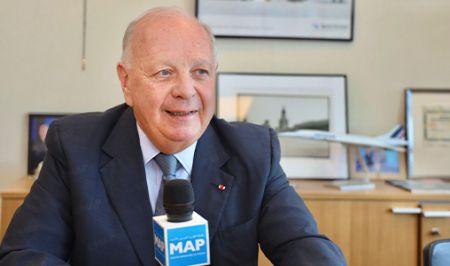
Driven by the leadership of His Majesty King Mohammed VI, Morocco has developed “genuine expertise” in key sectors, starting with aerospace and automotive industries, and more recently, renewable energy, said Ross McInnes, Chairman of the Board of the Safran Group.
In an interview with MAP-Paris on the occasion of the Throne Day celebrations, McInnes praised the progress achieved by the Kingdom and the development momentum sustained by “a clear and ambitious strategy” led by the Sovereign.
According to McInnes, what particularly sets Morocco apart from other countries is “the quality of its workforce,” supported by “strong initiatives,” notably the Industrial Acceleration Plan and vocational training programs.
He also highlighted more than a quarter-century of “an ambitious and exceptional partnership” with Morocco, which has strengthened its position in Africa by pursuing win-win partnerships and a robust economic diversification, thanks to “a Vision that has enabled the Kingdom to become a strategic partner for international companies, while ensuring inclusive and sustainable growth.”
“Today, we have more than 5,000 employees in Morocco across more than eight sites, and we hope to continue in this direction, as the Kingdom is one of our two or three most important countries outside of France,” he said.
McInnes noted that Safran is currently building a new maintenance and repair facility for its new-generation LEAP aircraft engines.
Other projects are also in the pipeline, he said, pointing to Morocco’s renewable energy supply “available in sufficient quantities and at competitive prices” as a key factor, especially since the country has everything needed to succeed in this sector, including wind and solar power.
McInnes also spoke about strengthening Safran’s partnership with Morocco’s flag carrier, Royal Air Maroc (RAM) in aircraft engine maintenance, stressing that “RAM’s hub positioning, the attractiveness and quality of the available workforce, are also why we are building another maintenance and repair center in Casablanca.”
As co-chair of the France-Morocco Business Leaders Club (MEDEF International-CGEM), McInnes said he will lead a delegation of French business leaders on a visit to Dakhla on October 8-9 as part of a mission to explore business opportunities in Morocco’s southern provinces.
“We approach this as ‘Make with Morocco.’ We are not in an economy purely focused on exports, but in one rooted in local establishment and integration,” he said, adding that French companies “export extensively from Morocco.”
He explained that the goal of French companies in general, and Safran in particular, is to “develop, as much as Moroccan capabilities allow, a local supplier base, which will reinforce this integration and contribute to creating high-quality jobs for Moroccan employees working in French companies.”
McInnes also emphasized the importance of capitalizing on the strengths of Franco-Moroccan cooperation, primarily in aerospace, green energy (hydrogen, solar, and wind), digital infrastructure, including data centers for AI, and the “sustainable and lasting” infrastructure being developed in the Kingdom in preparation for the 2030 World Cup.
“I believe this will be a great showcase for Morocco as an African and Euro-Mediterranean hub, especially since Morocco’s orientation toward Africa is one of its major assets for investors like us, and for the country itself in terms of its rightful international standing,” said the Safran chairman, adding that, in this context, talent development, research, and innovation remain key to Morocco’s
MAP: 17 July 2025
